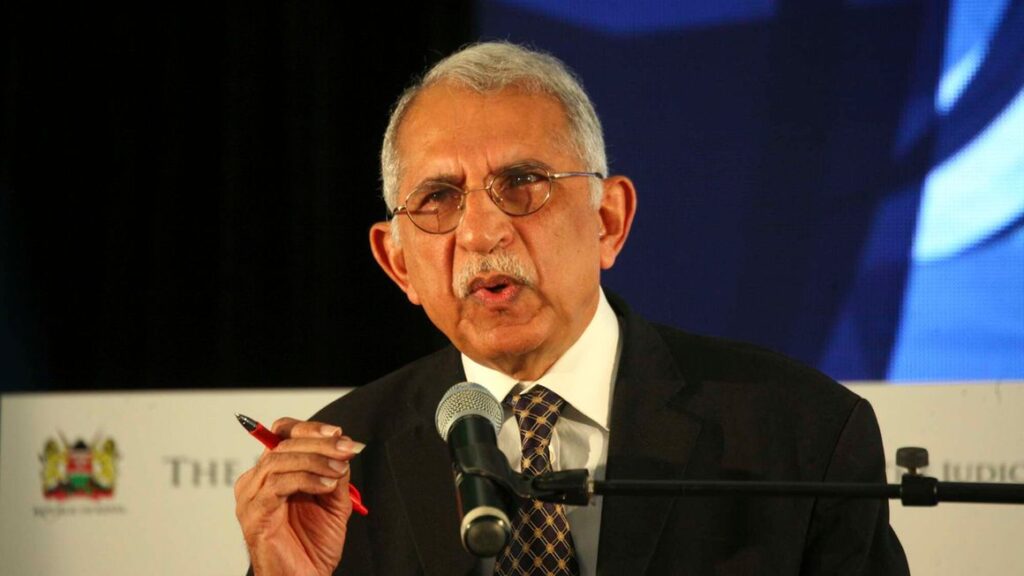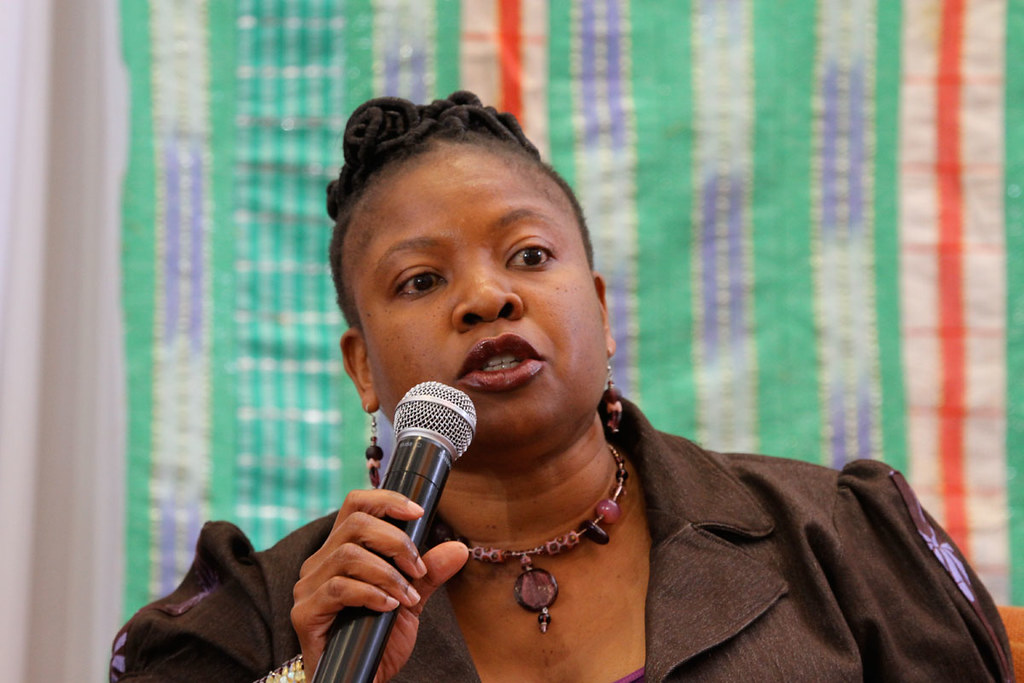NAIROBI, Kenya – Young people have shown increasing apathy towards civic and political participation in recent years. This trend has been worsened by the country’s social and economic struggles, including the slow recovery from Covid 19 and poor resource management. Since the promulgation of the Constitution of Kenya (COK) 2010, all levels of government have failed to fully support public participation as outlined in the constitution. Young people, in particular, face significant structural barriers that hinder their involvement, as highlighted by various studies on democracy, governance, and public participation.
A major issue is the absence of a national legal framework to guide and facilitate public participation. Although some county governments have attempted to create policies and guidelines, implementation remains a significant challenge, which will be detailed in this report.
This survey captures the perspectives of young people on civic and public participation in the counties of Kisumu, Mombasa, and Nairobi, showcasing the progress made in these areas. The report is presented below.
The first section covers the demographic information of respondents from the three counties. The survey achieved a gender balance among participants. It revealed that most young people are unemployed, with others being students. Additionally, there is a shallow understanding of rights among the younger age group (18-25) compared to the older age group (31-35).
The second section highlights key themes related to civic life and participation. It includes a triangulated analysis of young people’s views across the target groups and regions. The findings show that 65% of young people have not participated in community civic activities. This lack of participation extends to political involvement, where young people generally do not engage in political parties or related activities aside from voting.
The final section discusses the conclusions drawn from the gathered information. It lays the groundwork for the report’s recommendations to enhance and promote civic and political participation among Kenyan youth. The specific recommendations are outlined in the following report sections. This study highlights key factors affecting youth engagement in development initiatives across the three targeted counties. A significant factor impacting participation is the socio-economic status of young people.
To address this, the report recommends implementing comprehensive policy measures to empower youth and remove structural barriers. These include addressing economic disparities, minimising barriers to participation, and enhancing institutional engagement by implementing quotas in decision-making processes and simplifying procedures for civil society organisations (CSOs) and community-based organisations (CBOs).
Additionally, it is crucial to enhance young people’s civic and political participation skills through various learning processes, including curriculum reforms. County governments should invest in digital platforms to improve communication and information sharing with young people, utilising youth-friendly mediums like YouTube, Facebook, and Instagram, which aligns with the County Government Act.
Public forums should be scheduled to consider social and cultural contexts, ensuring meaningful youth participation. CSOs should strengthen their oversight role and advocate for the inclusion of young people in policy formulation and implementation. Policies should be responsive to the diverse needs of different youth age groups.
Facilitating local government forums through youth ministries can provide networking opportunities and foster collaboration. Youth engagement interventions should consider individual factors such as age, location, education, and independence. Programmes should be tailored to the youth’s unique characteristics and needs, including language preferences and activity diversity.
In conclusion, addressing youth engagement challenges requires a collaborative effort among policymakers, county governments, CSOs, and young people. Implementing these strategies can create a more inclusive and empowering environment for youth participation in development processes.
We hope this report informs decision-making, programming, and interventions to address youth apathy towards civic and political participation. A holistic approach involving like-minded organisations working together is needed to counter these challenges.
Download the survey report here: Survey Report On Youth Civic and Political Partipcation




